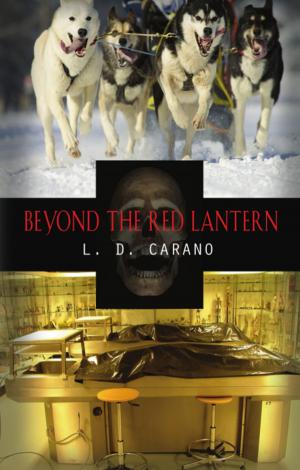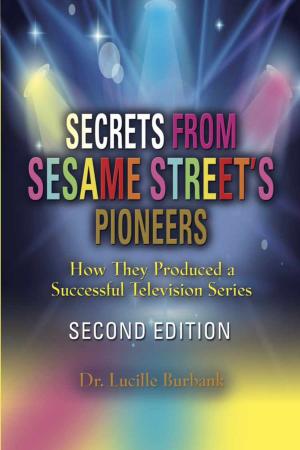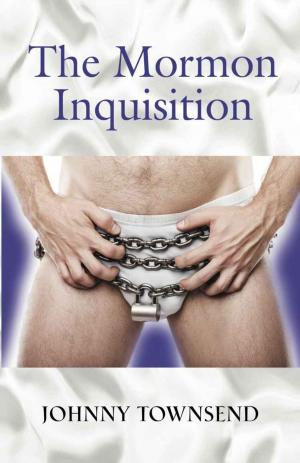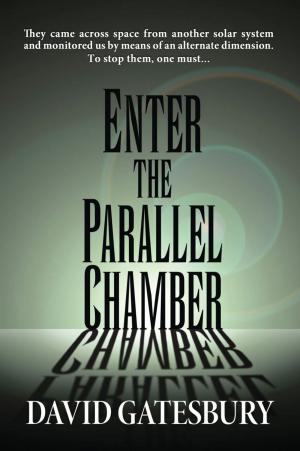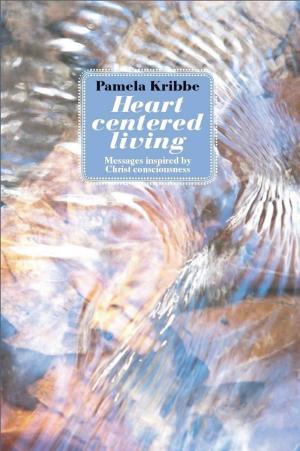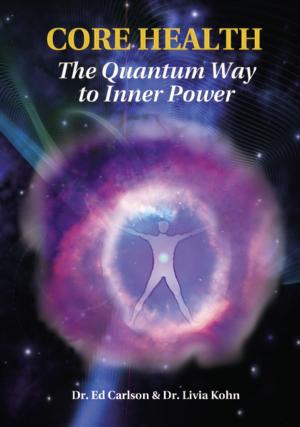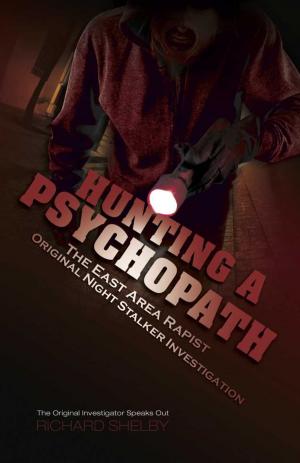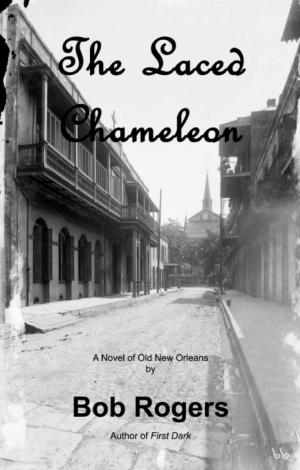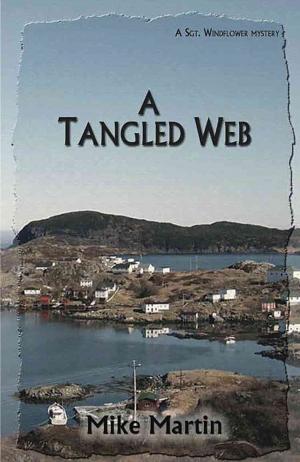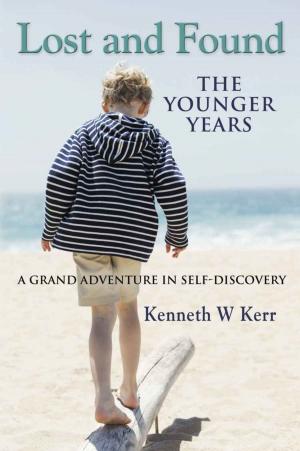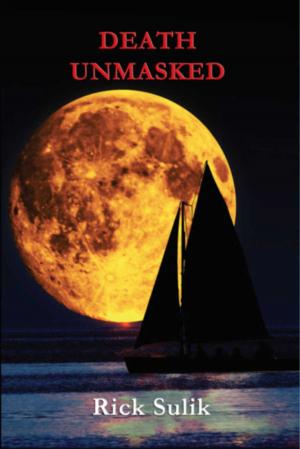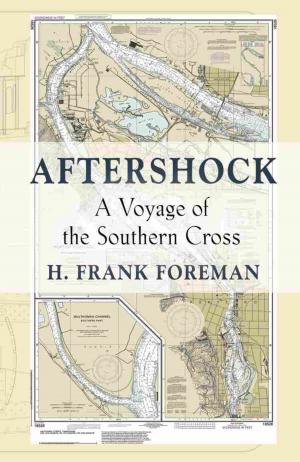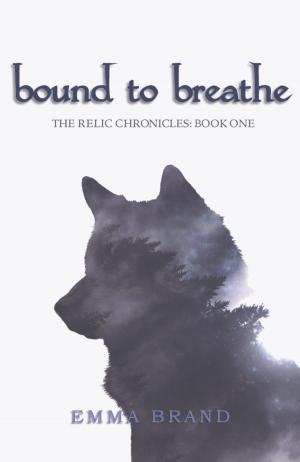| Author: | Kilroy J. Oldster | ISBN: | 9781634916288 |
| Publisher: | BookLocker.com, Inc. | Publication: | January 1, 2015 |
| Imprint: | Language: | English |
| Author: | Kilroy J. Oldster |
| ISBN: | 9781634916288 |
| Publisher: | BookLocker.com, Inc. |
| Publication: | January 1, 2015 |
| Imprint: | |
| Language: | English |
“Dead Toad Scrolls” is a series of meditative personal essays written by a trial attorney whom undergoes midlife crisis. The author is the husband of a wife whom suffers from the aftermath of surviving Stage III breast cancer and the father of an intelligent teenage son. Dissatisfied with the practice of law – all the conflict and greed – that mars his pursuit of happiness and the attainment of self-realization, the author conducts an exhaustive review of his formative personal experience. Commencing with childhood remembrances, he studies what factors contributed to his evolving sense of self-identity including formal and informal education, sports, work life, and recreational activities in an effort to understand why after achieving the supposed American Dream of financial security he is seriously contemplating ending his banal life devoted to combating the tedium of existence. Using analytical writing as an investigatory tool, the author attempts to orchestrate a transformative learning experience that will allow him to alter his personality and lifestyle and achieve an enviable state of mindfulness. The written inquisition forces the author to accept responsibility for a malevolent ego that is wrecking his life and seek atonement from the people whom he hurt by acting in a selfish and egotistical manner.
Select themes explored in the book include an exhaustive review of significant cultural events that occurred over the last half-century, the doctrines of identity, free will, consciousness, personality formation, media, technology, celebrity culture, and the benefits of reading, writing, and establishing a personal philosophy to buttress a person’s frequently lonely and painful march through time. The author encourages other people to write their own memoirs or personal essays as a method to gain heighten self-awareness. Telling our personal stories also allows us to pay tribute to all the generous people in our lives – parents, teachers, coaches, friends, spouses, children, and siblings – whom contributed to our evocative journey exploring the inherent mysteries that shape our humanity. Overcoming personal shame, remorse, and regret, the author leaves behind his sorrowful past and he aspires to live out the remainder of his life in a courageous and graceful manner that wants for nothing. After exploring the baffle of being and examining the underlying factors that configure the context of the cohesive human condition, the author seeks a simple life that rejoices in the beguiling splendor of the natural world that we must preserve for our children.
“Dead Toad Scrolls” is a series of meditative personal essays written by a trial attorney whom undergoes midlife crisis. The author is the husband of a wife whom suffers from the aftermath of surviving Stage III breast cancer and the father of an intelligent teenage son. Dissatisfied with the practice of law – all the conflict and greed – that mars his pursuit of happiness and the attainment of self-realization, the author conducts an exhaustive review of his formative personal experience. Commencing with childhood remembrances, he studies what factors contributed to his evolving sense of self-identity including formal and informal education, sports, work life, and recreational activities in an effort to understand why after achieving the supposed American Dream of financial security he is seriously contemplating ending his banal life devoted to combating the tedium of existence. Using analytical writing as an investigatory tool, the author attempts to orchestrate a transformative learning experience that will allow him to alter his personality and lifestyle and achieve an enviable state of mindfulness. The written inquisition forces the author to accept responsibility for a malevolent ego that is wrecking his life and seek atonement from the people whom he hurt by acting in a selfish and egotistical manner.
Select themes explored in the book include an exhaustive review of significant cultural events that occurred over the last half-century, the doctrines of identity, free will, consciousness, personality formation, media, technology, celebrity culture, and the benefits of reading, writing, and establishing a personal philosophy to buttress a person’s frequently lonely and painful march through time. The author encourages other people to write their own memoirs or personal essays as a method to gain heighten self-awareness. Telling our personal stories also allows us to pay tribute to all the generous people in our lives – parents, teachers, coaches, friends, spouses, children, and siblings – whom contributed to our evocative journey exploring the inherent mysteries that shape our humanity. Overcoming personal shame, remorse, and regret, the author leaves behind his sorrowful past and he aspires to live out the remainder of his life in a courageous and graceful manner that wants for nothing. After exploring the baffle of being and examining the underlying factors that configure the context of the cohesive human condition, the author seeks a simple life that rejoices in the beguiling splendor of the natural world that we must preserve for our children.

